The third installment of our 10-part series describing some important events in Thailand over the past 50 years begins with the year 1977. The March issue covered 1972-2976.
By Maxmilian Wechsler
By Maxmilian Wechsler
| 1977 was the year Thai News Agency and Chiang Mai zoo were established; the JEATH (Japanese, English, Australian, American, Thai and Holland) War Museum was opened in Kanchanaburi as a permanent reminder of the horrors of the Death Railway built by Allied POWs in 1942 and 1943; and Phayao became a province after separating from Chiang Rai province. January
February
March
April
June
August
September
October
November
December
| 1978 saw the founding of agro-giant conglomerate Charoen Pokphand Foods, as well as charitable foundations designed to help children and the blind. The Petroleum Authority of Thailand (now PTT Public Company Limited) was also established. Also making headlines in 1978 were the 8th Asian Games and a paramilitary force set up to fight communist guerrillas and drive them from their strongholds in the Northeast. The games were held without incident in Bangkok, with 4,000 athletes and officials participating. January
February
March
August
September
October
November
1979 is the year Assumption Samut Prakan School (formerly Assumption College Samrong) was opened as the newest campus of the private Catholic boys’ school run by the Brothers of Saint Gabriel in Thailand. Ron Fai Don Tri (Music Train) record label was founded and the Robinson Department Store chain opened. Former world super lightweight champion Saensak Muangsurin announced his retirement from boxing after a defeat in South Korea. January
March
May
June
August
September
November
|
| 1979 is the year Assumption Samut Prakan School (formerly Assumption College Samrong) was opened as the newest campus of the private Catholic boys’ school run by the Brothers of Saint Gabriel in Thailand. Ron Fai Don Tri (Music Train) record label was founded and the Robinson Department Store chain opened. Former world super lightweight champion Saensak Muangsurin announced his retirement from boxing after a defeat in South Korea. January
March
May
June
August
September
November
| 1980 witnessed the birth of Bumrungrad International Hospital and Central Pattana, Thailand’s largest property development and investment company. It was also the year the Pizza Company was founded. January
June
October
December
|
1981 was the year the Bang Lang Dam in Bannata Sata district of Yala province was completed; Doi Suthep-Pui National Park in Chiang Mai province was established, along with at least a dozen more national parks throughout Thailand. The RTA continued to dismantle the CPT, seizing a huge arsenal that included 5,500 claymore mines and other explosives as well as medical equipment.
January
- Electricity rates went up in Bangkok by 15%. It was the third rate hike in 12 months. It was done quietly in order to avoid the kind of political fallout that plagued the previous administration.
| February
|
March
- A Garuda jet with 54 passengers and nine crew members was hijacked on a domestic flight and commandeered to Don Muang airport. Armed with hand grenades and guns, the hijackers originally demanded that the Indonesian government release 20 political prisoners, but after two days demanded the release of a further 84 prisoners. They also wanted a DC-10 aircraft and safe passage to Sri Lanka. After three days Thai and Indonesian commandos mounted a siege that ended with a gun battle between them and the hijackers, who identified themselves as ‘soldiers in a holy Muslim war’. Three hijackers were killed and two were captured in the siege. One child hostage was killed and 10 hostages were injured during the operation. Earlier one passenger was shot while attempting to flee the plane.
- Government urged Thais citizens not to marry refugees from Indochina, claiming it was a matter of national security. The Cabinet passed regulations requiring government employees who wedded refuges to regularly report to the authorities. Guidelines also instructed various government agencies to monitor their employees at border areas.
| April
|
May
- On the anniversary of the coronation of the King the government granted pardons to 52 suspects in April’s failed coup. General Sant wasn’t named in the amnesty. PM Prem mentioned the need for political stability and unity in the country as a reason why the amnesty came so soon after the coup. About 30 coup plotters went to Prem’s residence and apologized to him. General Sant returned from self-exile in Burma and then refused to comment on the coup or following events.
| June
|
September
- ISOC reported that 1,308 communist insurgents surrendered to the authorities between October 1980 and September 1981. In the previous 12 months around 850 communist insurgents called it quits.
- Interior Minister Sitthi Jirarote declared ‘war’ on vice and illegal activities, ordering the police to reduce crime and eradicate illegal gambling within one month.
- The National Security Council announced a campaign to eradicate opium cultivation in hill tribe villages. The plan involved various steps including treatment for opium addicts. The government also offered to provide farmers with seeds for alternative crops.
Sources for this story include archives of UPI, AFP, the Bangkok Post, The Nation and Wikipedia.

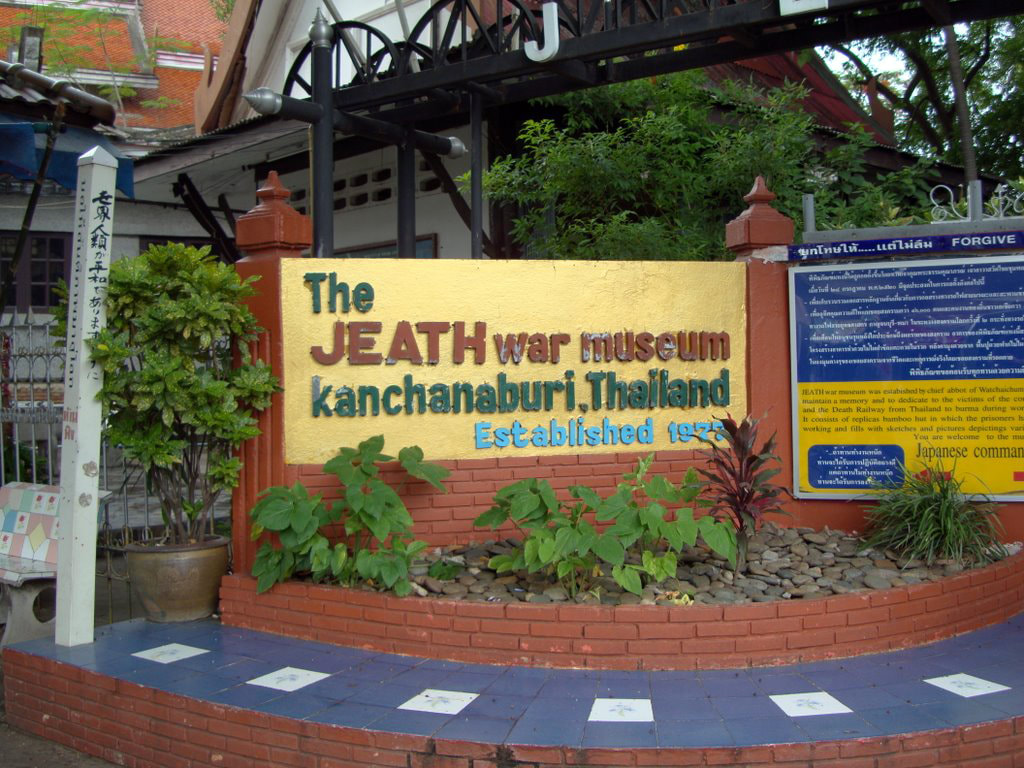
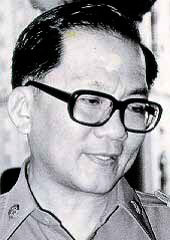
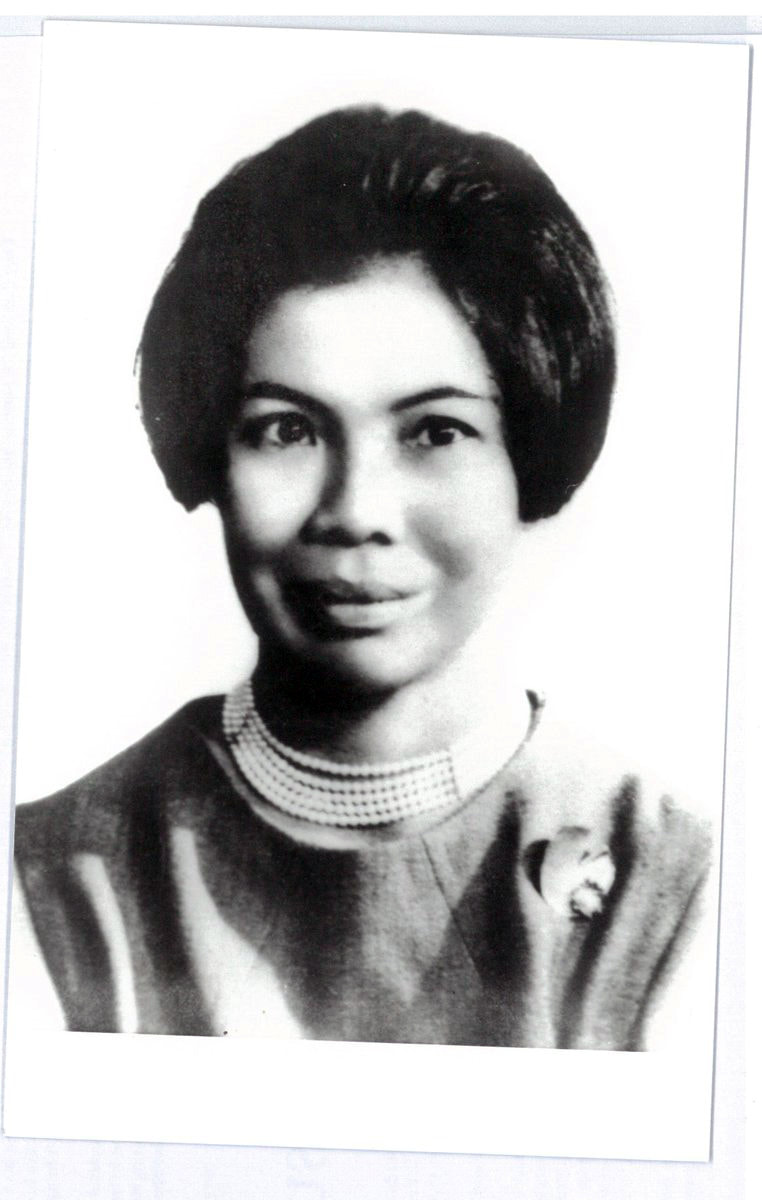
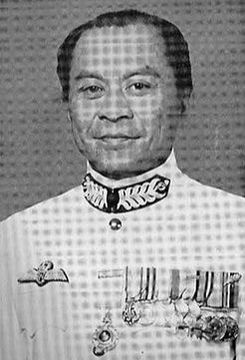
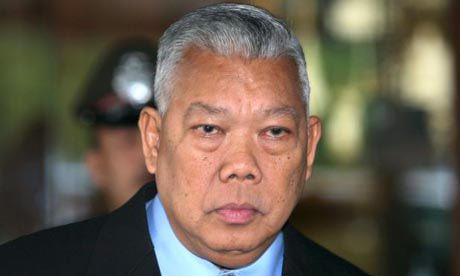
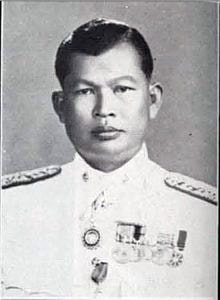
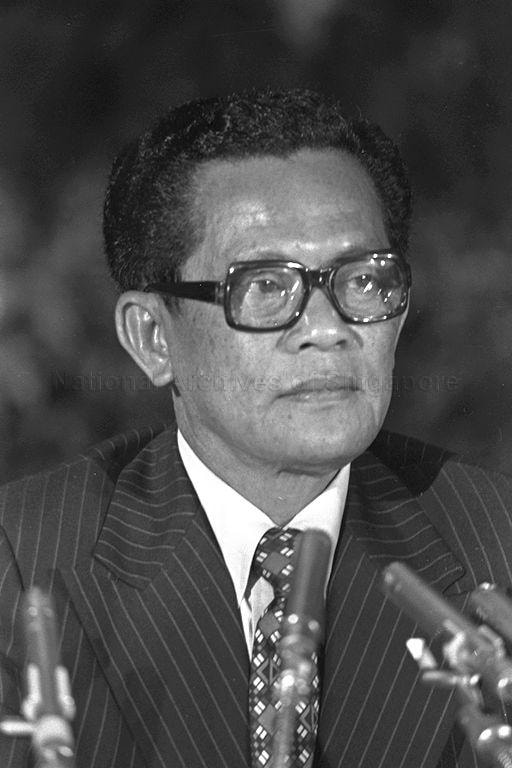
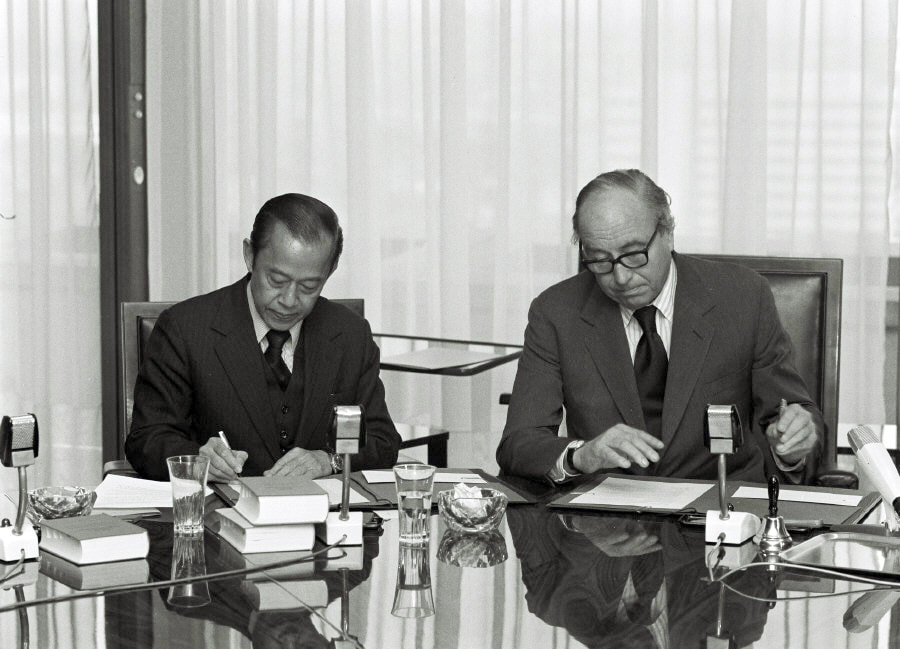
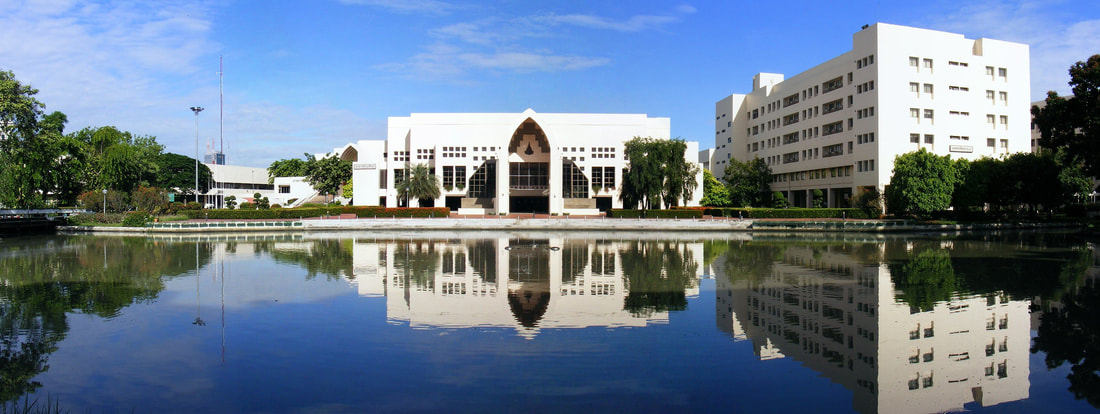
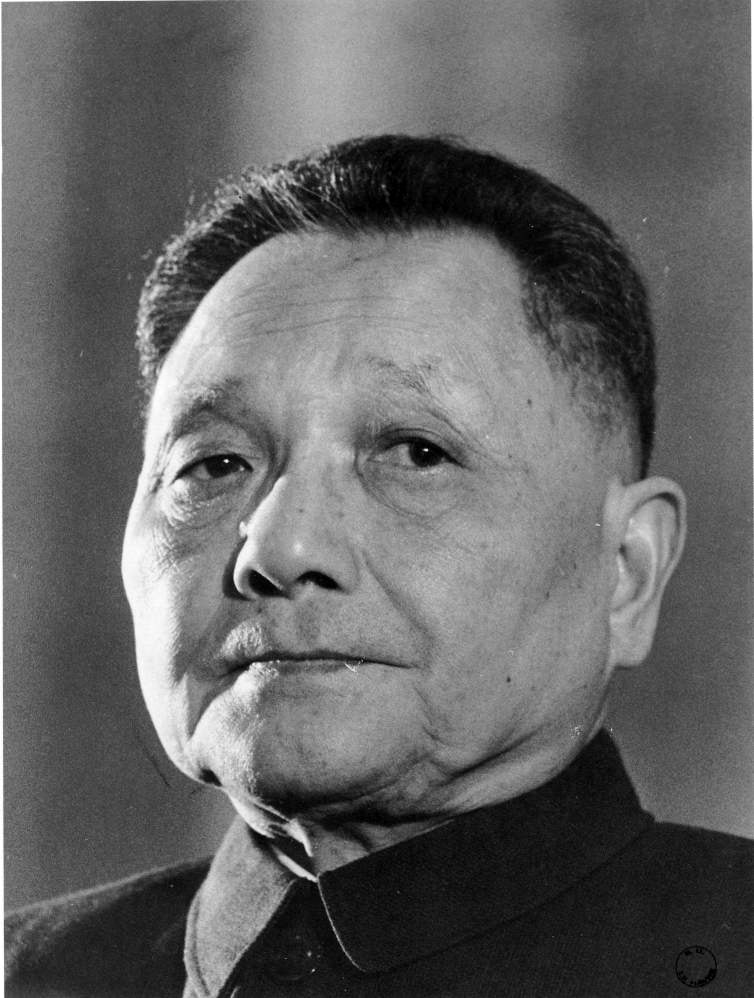
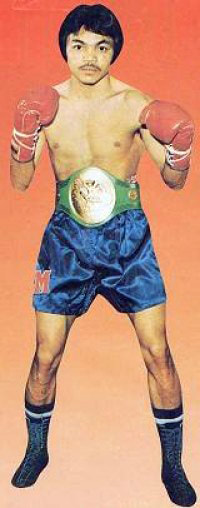
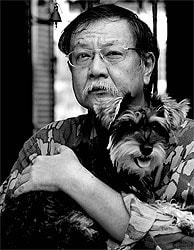
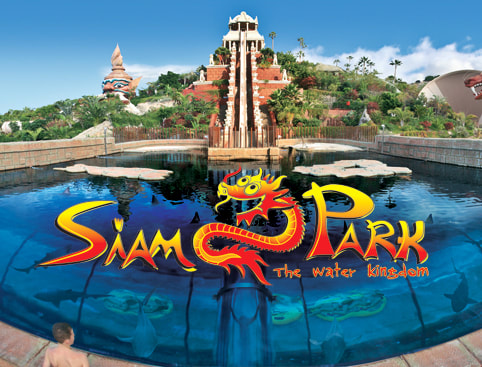
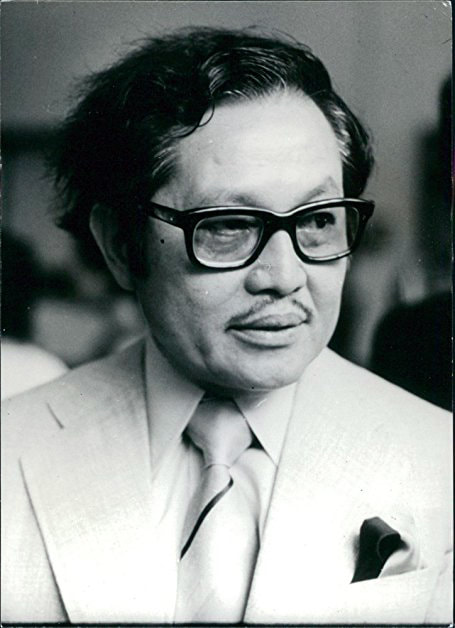
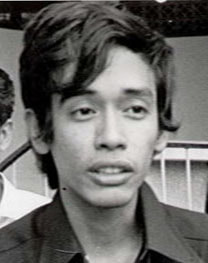
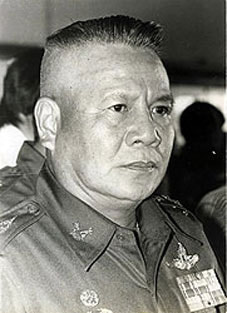
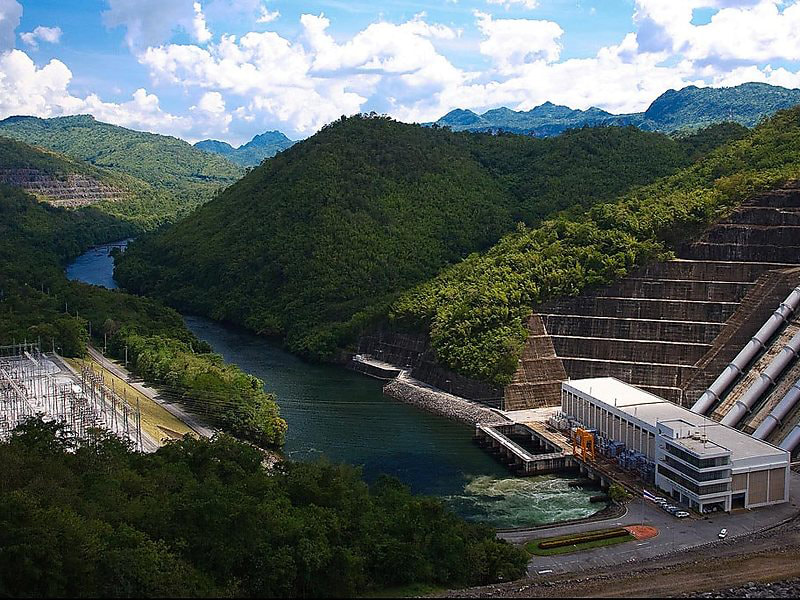
 RSS Feed
RSS Feed
















